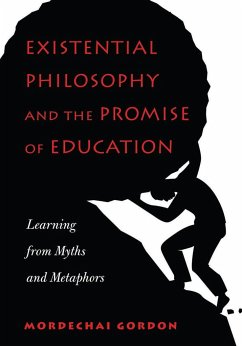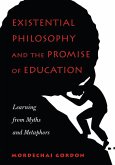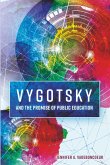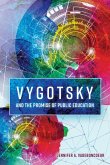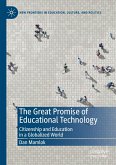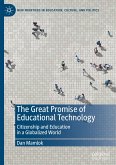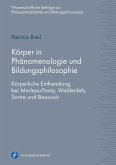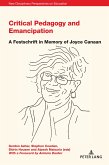Myths and metaphors share not only an ability to call our attention to aspects of our world of which we were previously unaware, but also a propensity toward symbolic meanings and interpretations. In Existential Philosophy and the Promise of Education: Learning from Myths and Metaphors, Professor Gordon draws on some well-known myths and metaphors of various Existentialist thinkers and writers as a lens and an interpretative framework with which to explore a variety of issues in philosophy of education. His book argues that symbolic or metaphorical interpretations can offer us representations of problems in education that go beyond what we can gain when we consider them only in their literal sense. Existential Philosophy and the Promise of Education is an excellent classroom text for a variety of foundations courses, including the Philosophy of Education.
«Mordechai Gordon exemplifies the best in contemporary philosophy of education. He writes clearly, imaginatively, and persuasively on the value of thinking deeply about education and schooling. In this remarkable book - one of the only books relating existentialism to education - Gordon offers several potent cases where existential writers are useful and important in addressing current educational issues. Philosophers of Education are only one of several audiences for this impressive collection of essays. Practicing teachers and educational policy makers, as well as any other serious person committed to quality education, would benefit from Gordon's scholarship. He sheds a fresh and more probing light on such problems as: the working conditions of teachers, the standardization of curriculum and assessment, the limits and possibilities of technology, the effects of negative educational authority on the teaching-learning relationship, and the need to envision schools as democratic spaces/places from which to build a common world.»
(Wendy Kohli, Professor Emerita, Fairfield University, Author of Critical Conversations in Philosophy of Education and Feminisms and Educational Research)
(Wendy Kohli, Professor Emerita, Fairfield University, Author of Critical Conversations in Philosophy of Education and Feminisms and Educational Research)

